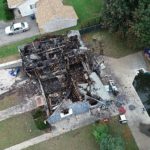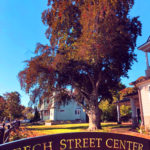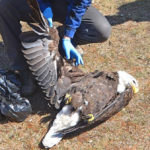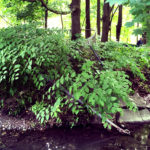
By Claire Hlotyak If you were to ask current high school students what issues they care about, chances are they would say climate change. From science labs to social studies discussions, I have seen that Belmont High School (BHS) students show a real passion and drive to end climate destruction. This keen interest doesn’t just end in the classroom, though. Belmont High has student-run clubs focused on learning, raising awareness, and educating our community and surrounding areas about the impact of climate change. One new BHS club is Project: Environment, run by Jessica Rui and Christina Xi. Rui and Xi [READ MORE]





